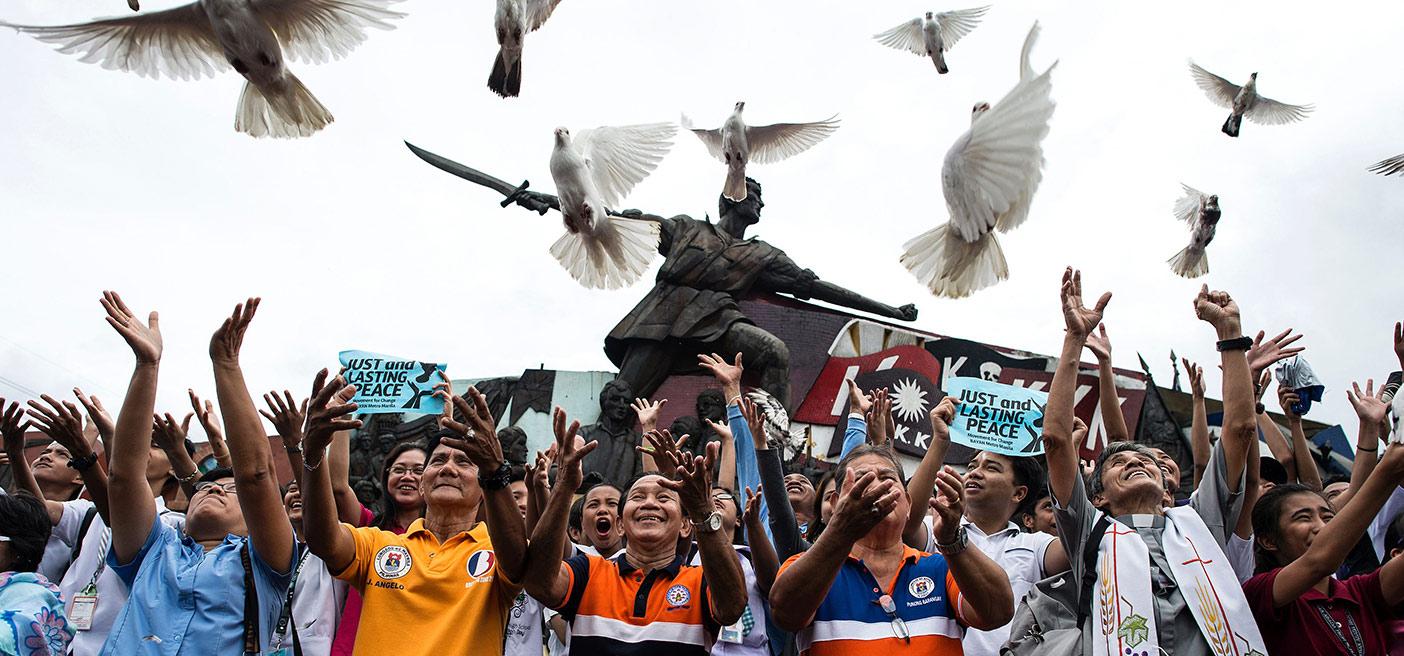International Human Security
Human security is an emerging international paradigm for realizing global threats whose promoters contend that the appropriate referent for global security must be on the human as opposed to national level. Although there are many international instruments such as the United Nations (UN) and Red Cross that attempt to enhance human security, it is a limited response that fails to address the issues related to the lack of security for the human within the society. This article examines the relationship between human security and peace in different societies and civilizations. It concludes with a series of recommendations for future research.
According to the human security concept, human security is the only feasible route to promoting a peaceful transition and development in unstable regions where human beings are living in large numbers and interacting with each other. Human security also advocates that states should have the power to prevent internal strife and violence in its citizenry through control of human security. This concept does not deny the reality of international terrorism or the responsibility of states to protect their citizens from terrorism. However, it emphasizes that security must be equated with the control of internal turmoil within a country as this has been the major cause of major interstate conflicts and mass movements. The ability of a state to maintain order and discipline within its people is a key factor in determining its ability to promote and protect human security.
The human security concept also criticizes the way that human security is promoted by some organizations in the name of economic growth. This concept holds that there is nothing wrong with looking for profit in a way that infringes on the security interests of the human population. However, this particular criticism has been highlighted due to the consistent violations of human rights and mass abuses in different conflicts. Other human rights violations that are commonly associated with such business ventures include forced child labor and slave labor. One argument often put forth against this concept is that the promotion of human security can actually harm the economy.
This concept also criticizes the human security approach as being too nationalistic. It argues that there are other international relations strategies that can better address and counter human security concerns than the narrow focus of national security. The international focus of human security is seen as being the cornerstone of any sustainable peace and security rather than relying on the use of force as a means of conflict resolution. The human security concept advocates the use of diplomacy, multilateral organizations, and nonviolent civil resistance as the key drivers of promoting human security. The use of force should only be used as a last resort to respond to intolerable situations. The security interests of individual states should always take precedence over the security interests of the wider human society.
Many human security experts argue that focusing primarily on security and defense at the expense of promoting peace and stability can actually create more problems than it solves. A better approach might be to promote a mixture of both offensive and defensive tactics. This will enhance the likelihood that a country can survive periods of internal unrest and military conflict and at the same time maintain a large international military presence. Another human security concern is the lack of an appropriate and adequate response during and after natural disasters. A key role for international collaboration in addressing such issues has been seen as the most effective way of averting disaster and helping to rebuild.
There is no doubt that the human security concept is still evolving. It is highly debated by various academic scholars and security practitioners around the world. However, human security is seen as a critical issue that must be addressed to prevent and alleviate human suffering and preserve peace and security. Efforts to build consensus regarding this critical issue and related concepts can only serve to strengthen the United Nations and regional institutions.


